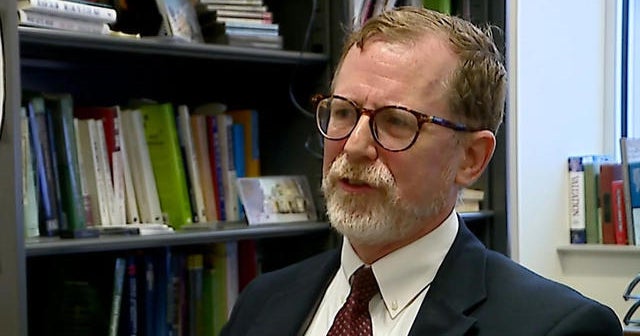Judge Disciplined After Outburst Regarding Son’s Valedictorian Status
A New York judge has recently found himself in the eye of a storm following an emotional outburst at a public school board meeting concerning his son’s failure to secure the title of valedictorian. The incident has raised critical questions about the integrity, professionalism, and ethical standards expected of individuals in positions of authority within the judicial system.
The Incident: A Breakdown of Professionalism
During a routine school board meeting, Judge James Thompson, a respected figure in New York’s legal community, publicly expressed his discontent when his son was overlooked for the prestigious valedictorian honor. Witnesses reported that Thompson’s reaction was not only unexpected but also emotionally charged, leading to an outcry from attendees who felt that his behavior was inappropriate for someone in his position.
The incident quickly garnered media attention, prompting discussions about the boundaries of parental advocacy and the expectations of judicial conduct. Legal experts have weighed in, emphasizing that judges are held to higher standards due to their role in upholding the law and serving as role models within their communities.
Implications for Judicial Conduct
The outburst has resulted in disciplinary action against Thompson, illustrating the potential consequences that can arise from lapses in judgment. This incident serves as a reminder of the importance of maintaining professionalism, even in emotionally charged situations. Legal scholars have noted that such breaches can undermine public trust in the judicial system, which relies heavily on the perceived impartiality and integrity of its judges.
Public Reaction and Broader Context
The reaction from the community has been mixed. While some sympathize with Thompson’s position as a father, others argue that a judge should remain neutral, regardless of personal circumstances. This divide reflects a broader societal debate about the intersection of personal and professional identities. The case has sparked conversations about how public figures navigate their roles as both leaders and private individuals.
- Supporters: Many constituents expressed empathy towards Thompson, suggesting that every parent has a right to defend their child’s achievements.
- Critics: Others have pointed out that his actions could set a troubling precedent, where influential figures might exert undue pressure on educational institutions.
Judicial Standards and Ethics
The American Bar Association (ABA) has established a code of conduct that emphasizes the importance of impartiality and integrity among judges. According to ABA guidelines, judges must avoid impropriety and the appearance of impropriety in all activities. Thompson’s outburst raises questions about whether he adhered to these standards and what repercussions he might face moving forward.
Experts suggest that incidents like this can lead to broader discussions about the need for ongoing training and education for judges regarding emotional intelligence and crisis management. As the legal landscape evolves, the expectations placed on judges may require adaptation to ensure that they can navigate personal challenges without compromising their professional responsibilities.
Future Implications for the Judicial System
As the fallout from this incident continues, it remains to be seen how it will impact Judge Thompson’s career and the judicial system at large. The case serves as a critical reminder of the potential fallout from emotional responses in professional settings, particularly for those in leadership roles.
Moving forward, judicial boards may need to reevaluate their disciplinary measures and consider implementing more robust support systems for judges facing personal challenges. This could include counseling services, peer support groups, and training programs designed to help judges manage their emotions and maintain professionalism in all situations.
Conclusion
The emotional outburst by Judge Thompson has ignited a conversation about the responsibilities of judges, the expectations of their conduct, and the potential consequences of straying from these standards. As society continues to grapple with the complexities of personal and professional identities, it is essential for public figures to uphold the highest standards of integrity. This incident not only highlights the challenges faced by judges in balancing their roles but also serves as a reminder of the importance of maintaining professionalism in all spheres of life.
See more TED Talks World



